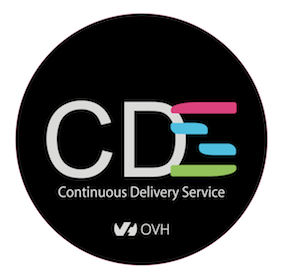Drone is a Continuous Delivery system built on container technology. Drone uses a simple YAML configuration file, a superset of docker-compose, to define and execute Pipelines inside Docker containers.
Sample Pipeline Configuration:
name: default
kind: pipeline
type: docker
steps:
- name: backend
image: golang
commands:
- go get
- go build
- go test
- name: frontend
image: node:6
commands:
- npm install
- npm test
- name: publish
image: plugins/docker
settings:
repo: octocat/hello-world
tags: [ 1, 1.1, latest ]
registry: index.docker.io
- name: notify
image: plugins/slack
settings:
channel: developers
username: drone
Documentation and Other Links:
- Setup Documentation docs.drone.io/installation
- Usage Documentation docs.drone.io/getting-started
- Plugin Index plugins.drone.io
- Getting Help discourse.drone.io
- Build the Enterprise Edition BUILDING
- Build the Community Edition BUILDING_OSS
Please note the official Docker images run the Drone Enterprise distribution. If you would like to run the Community Edition you can build from source by following the instructions in BUILDING_OSS.








